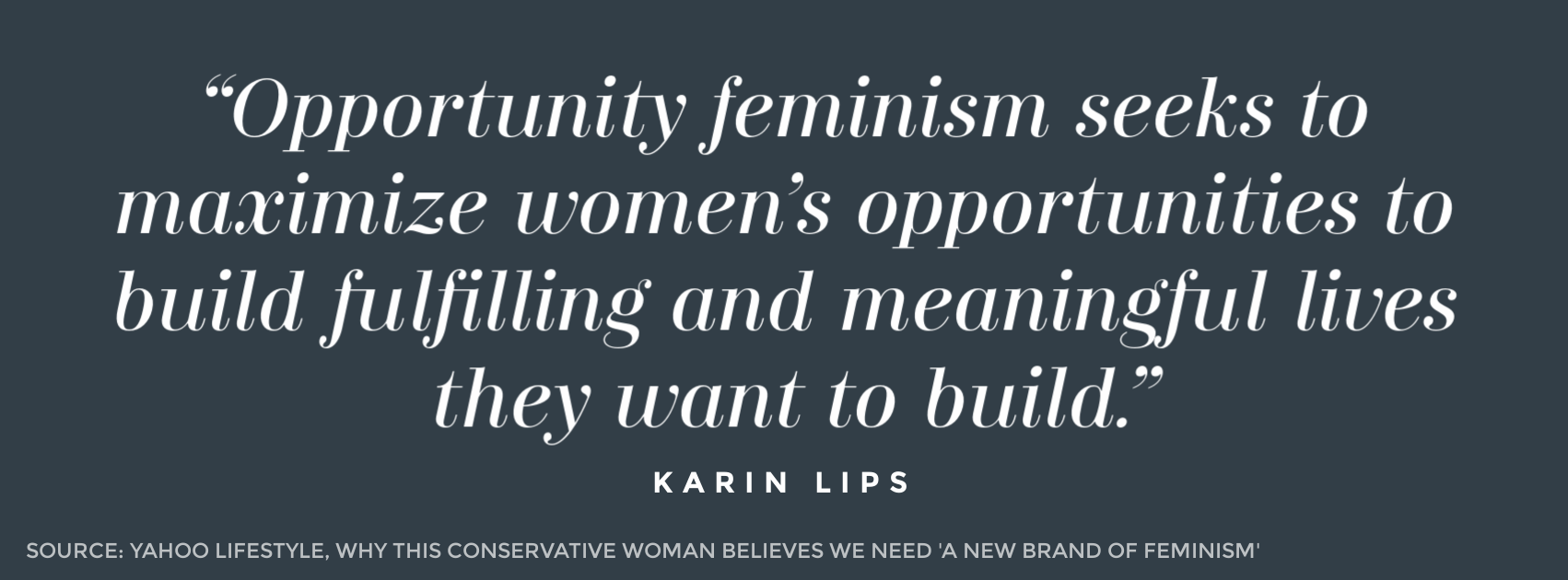The Obamacare Shuffle
This article originally appeared in National Review.
I received a letter from my health-care exchange last month informing me that I could keep my health plan. In all caps, the letter included the following sentence: “If you are satisfied with your current plan, you do not have to do anything.”
What a relief! This letter indicated that there was at least some competence associated with Obamacare, and I was happy that I wouldn’t have to spend more time searching for a new plan. Lots of other Americans probably received a similar letter and had similarly positive reactions.
I flipped to the last page, and it was a voter-registration application. Why did my exchange include a voter-registration form in the mailing about my health care? That seemed odd.
Imagine my surprise, then, when I received a letter directly from my health-insurance provider stating that my plan will not be offered next year. This time in bold letters: “Important: We Will Not Offer Your Health Plan Next Year. But You Have Options for New Coverage.”
This administration, which fought for health-care reform in the name of accessibility, affordability, and quality of care, is playing politics again. With all of the administration’s bloopers in other areas, it might be easy to forget about Obamacare, specifically last year’s disastrous rollout and the negative effects of the new law. But before sending new representatives to Washington, Americans ought to recall how the ill-conceived law and its botched rollout have hurt millions.
Let’s not forget that Obamacare’s second enrollment period was supposed to kick off in October, but the administration wisely decided to postpone it until November 15, just after the midterm elections. That may be good strategy for Democrats’ election prospects, but it’s bad news for Americans who want to hold their government accountable. Even those who just want to start budgeting for next year’s increased health-care costs before the elections won’t be able to do so, since HealthCare.gov won’t display 2015 premiums until afterwards.
A year has now passed since the failed rollout of Healthcare.gov. Last October, the president described the program’s massive technical problems as “glitches” that needed to be worked out. But continued problems with Obamacare suggest that it wasn’t just glitches, that in fact the government bureaucracy may just not be very good at running a health-care market, and that Americans can expect another enrollment period plagued with problems.
Even without a reminder this fall of how poorly Obamacare’s exchanges have worked, a majority of Americans reject the new health-care law and want a different approach. A recent Gallup poll shows that 53 percent of Americans disapprove of Obamacare. And Obama’s overall approval rating hit a new low of 40 percent this summer, according to an NBC News/Wall Street Journal poll.
In these final moments before the midterm elections, congressional Democrats are doing everything they can to avoid the topic of Obamacare, and many are trying to distance themselves from Barack Obama himself. But Americans should keep the problems with Obamacare, not just the renewal letters, at the top of their minds on Tuesday.



